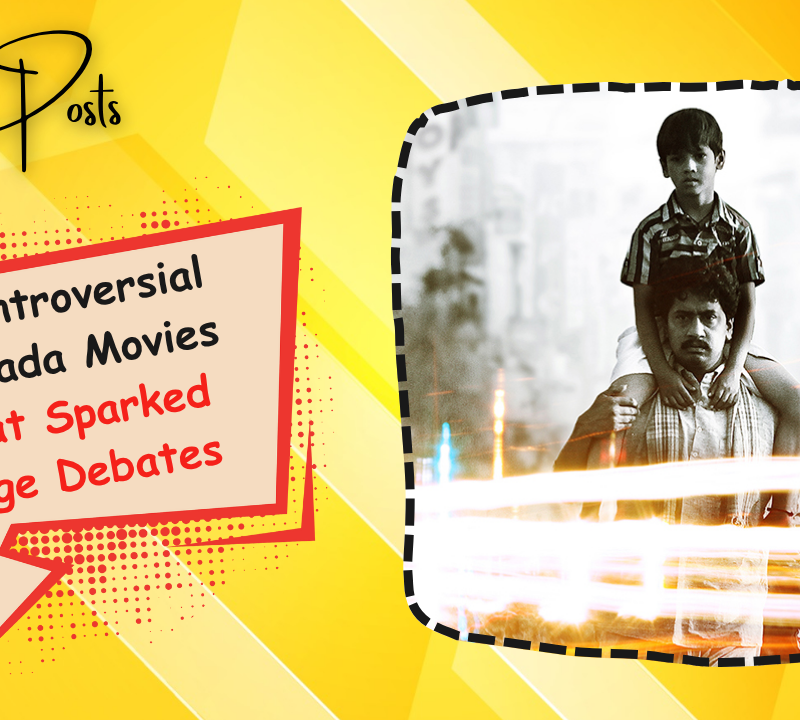
Bollywood, India’s largest and most glamorous film industry, has long captivated audiences with its colorful storytelling, dramatic flair, and iconic stars. However, beneath the surface of this vibrant industry lies a topic that has stirred much discussion over the years, and the topic is nepotism.
While it is a phenomenon that exists in various fields across the world, its presence in Bollywood has often made headlines, particularly because of the emotional connection fans have with cinema and the people behind it. Nepotism, in simple terms, refers to the practice of favoring relatives or friends, especially by giving them jobs in movies rather considering the real talents.
In the context of Bollywood, it means the preference given to star kids or individuals with family connections in the film industry when it comes to acting roles, production opportunities, or other key positions in film making.
A Historical Perspective
Nepotism in Bollywood is not a new trend. The Hindi film industry has had a long lineage of film families. From the legendary Kapoor family to the Bachchans, the Mukherjees, and more recently the Khans, many actors have followed in the footsteps of their parents or relatives. For instance, the Kapoor family has given Bollywood several generations of successful actors, starting with Prithviraj Kapoor and continuing through Raj Kapoor, Rishi Kapoor, Karisma Kapoor, Ranbir Kapoor, and others.
These family connections often mean that aspiring actors get early exposure to the workings of the industry. They may visit film sets as children, receive informal mentorship from established actors, and learn the nuances of performance and film making from an early age. This environment can nurture talent organically, which can be a valuable asset when they step into the industry professionally.
The Opportunities and Challenges
One of the main criticisms of nepotism in Bollywood is that it can sometimes make it harder for outsiders — talented individuals without film backgrounds — to break into the industry. Casting choices, often influenced by family ties or existing relationships, might overshadow equally talented newcomers who don’t have a godfather in the industry.
However, it’s also important to recognize that Bollywood has many success stories of outsiders who made a name for themselves through sheer talent, perseverance, and hard work. Actors like Shah Rukh Khan, Akshay Kumar, Nawazuddin Siddiqui, Sushant Singh Rajput, and Kangana Ranaut are examples of individuals who carved their path without any film family backing. Their journeys are often long, full of struggle, and require overcoming numerous barriers, but they serve as an inspiration for thousands of aspiring artists.
Changing Times and Growing Awareness
Over the years, the conversation around nepotism in Bollywood has gained momentum, especially with the rise of social media platforms. Audiences are more vocal than ever about their preferences and are increasingly supporting talent from diverse backgrounds. Streaming platforms have also opened up new avenues for actors, writers, and directors to showcase their work without the constraints of traditional studio systems.
In recent years, several talent management companies and acting schools have also emerged, offering training and professional opportunities for those with no previous ties to the industry. These platforms help democratize the field to some extent, allowing a broader range of talent to reach the audience.
Why the Debate Continues
The topic of nepotism remains sensitive because Bollywood holds a special emotional place in Indian culture. Fans invest not only in the films but also in the lives of their favorite stars. When merit seems to take a back seat to connections, it creates frustration among audiences and aspiring artists alike.
So……
Nepotism in Bollywood, like in many industries, is a reality — but it is neither the only nor the final word on success. While it may provide an initial platform to some, it does not replace the value of hard work, talent, and perseverance. As the industry continues to evolve, a more inclusive space is gradually emerging — one that welcomes both insiders and outsiders and celebrates talent above all.
Search
Short Stories
How Film Stars Maintain Gorgeous Hair! Celeb
- 3 min read
Top 3 Costly Bollywood Movies of All
- 3 min read
Top 5 Celebs who insured their body
- 4 min read



















